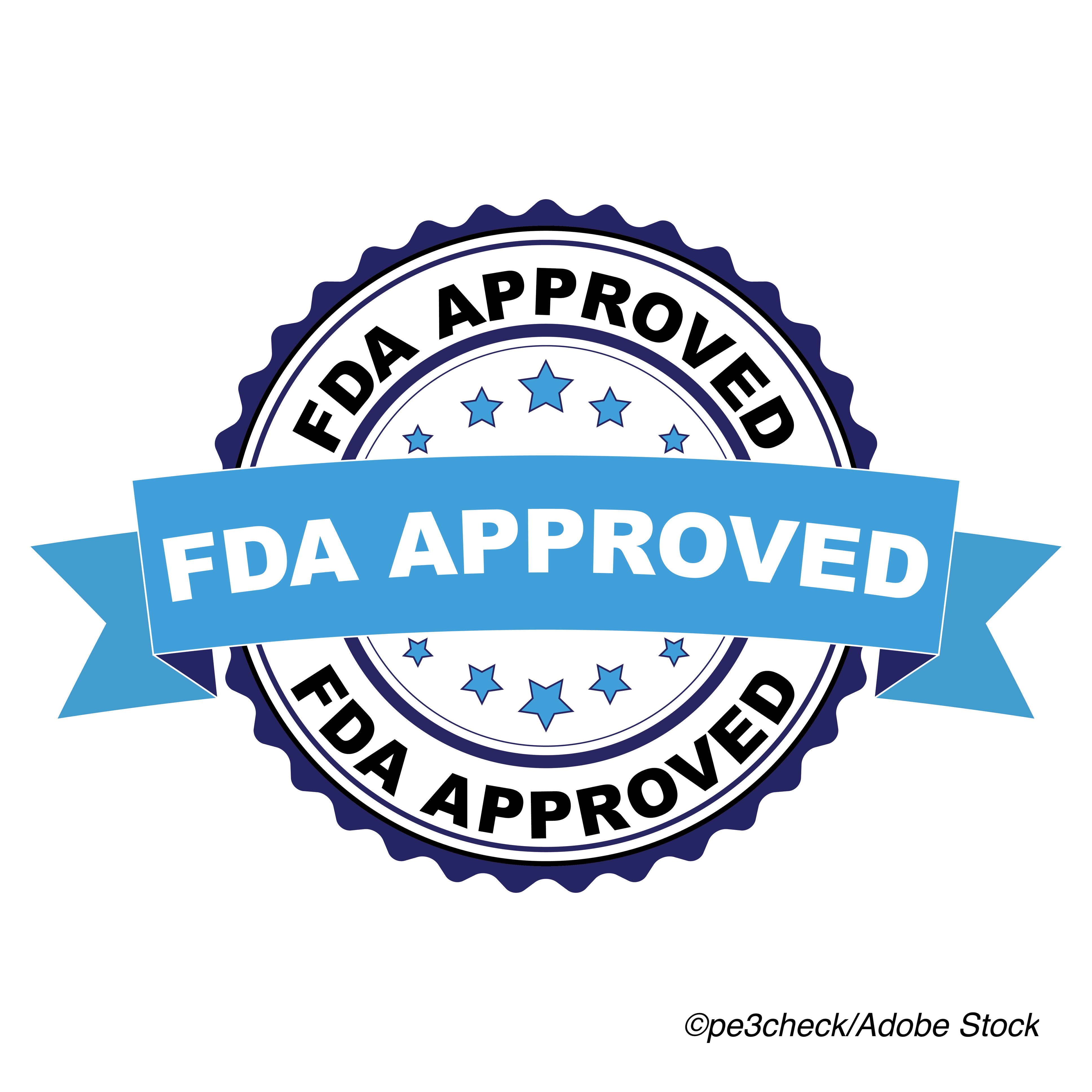
WASHINGTON— FDA granted an Emergency Use Authorization (EUA) to Johnson & Johnson for its Covid-19 vaccine, adding a third vaccine option to the arsenal in the U.S.’s fight against the SARS-CoV-2 pandemic.
“The authorization of this vaccine expands the availability of vaccines, the best medical prevention method for Covid-19, to help us in the fight against this pandemic, which has claimed over half a million lives in the United States,” said Acting FDA Commissioner Janet Woodcock, MD, in a statement. “The FDA, through our open and transparent scientific review process, has now authorized three Covid-19 vaccines with the urgency called for during this pandemic, using the agency’s rigorous standards for safety, effectiveness and manufacturing quality needed to support emergency use authorization.”
Peter Marks, MD, PhD, director of the FDA’s Center for Biologics Evaluation and Research, added: “After a thorough analysis of the data, the FDA’s scientists and physicians have determined that the vaccine meets the FDA’s expectations for safety and effectiveness appropriate for the authorization of a vaccine for emergency use.”
Johnson & Johnson said it is ready to distribute 4 million vaccine doses with, 2 million going directly to states across the U.S. — the rest will go to participating pharmacies and community health centers. But there is one more step needed before that distribution can begin— the CDC’s Advisory Committee on Immunization Practices (ACIP) needs to hash out guidelines stipulating who should receive the vaccine. ACIP will meet Feb.28 and March 1, so vaccine distribution may begin as early as Tuesday, March 2.
The agency’s decision came less than 24 hours after the FDA’s Vaccines and Related Biological Products Advisory Committee (VRBPAC) voted unanimously in favor of authorizing the vaccine, with all 22 members voting “yes” on the question: “Based on the totality of scientific evidence available, the do the benefits of the Janssen Covid-19 vaccine outweigh its risks for use in individuals 18 years of age and older?”
Johnson & Johnson has promised to provide 20 million vaccine doses of Ad26.COV2.s to the U.S. by the end of March and a total of 100 million doses by the end of June, which, when added to the 600 million doses of Pfizer and Moderna’s mRNA vaccines scheduled to arrive by the end of July, should give the U.S. enough vaccine to give shots to anyone who wants them, according to The New York Times. However, there are a few important differences between the Pfizer and Moderna vaccines and this new shot:
- While the two previously authorized Covid-19 vaccines are derived from mRNA, Ad26.COV2.s is an adenovirus-vectored vaccine.
- Ad26.COV2.s is authorized to be given in a single shot, compared to the two-dose mRNA vaccines.
- The Pfizer and Moderna mRNA vaccines were estimated to be 95% and 94.1% effective, respectively; this new vaccine demonstrated 72% efficacy against moderate/severe Covid-19 in the U.S., which dropped to 66% when considering the shot across all countries included in the phase III clinical trial. However, the FDA noted on Wednesday that Ad26.COV2.s was 100% effective in preventing Covid-19-related hospitalizations and deaths.
The addition of a third vaccine is the “good” news in a week that saw the U.S. hit the grim milestone of 500,000 deaths since the Covid-19 pandemic began. And, given the vaccine’s relative success in the South African branch of the trial, where the B.1.351 Covid-19 variant reigns supreme, public health officials are hopeful that the single-shot vaccine will aid in combating mutant SARS-CoV-2 strains, such as the U.K. B.1.1.7 variant and several other new strains that have cropped up across the U.S.
John McKenna, Associate Editor, BreakingMED™
Cat ID: 151
Topic ID: 88,151,730,933,190,31,926,192,561,927,151,725,928,925,934

